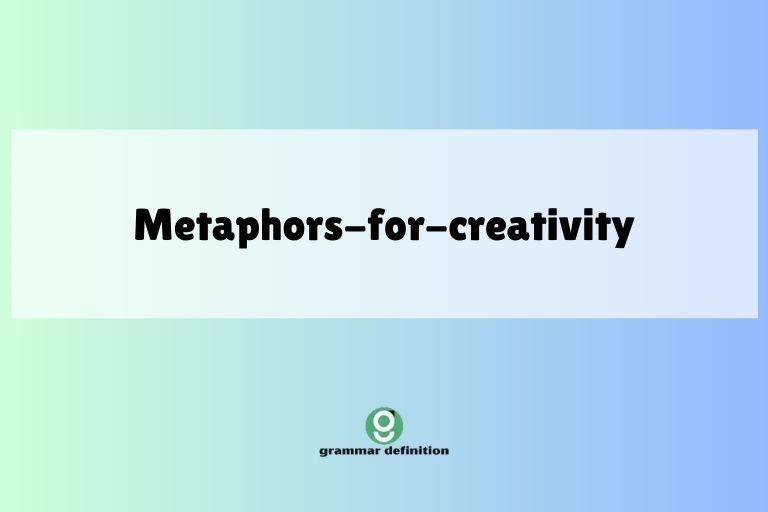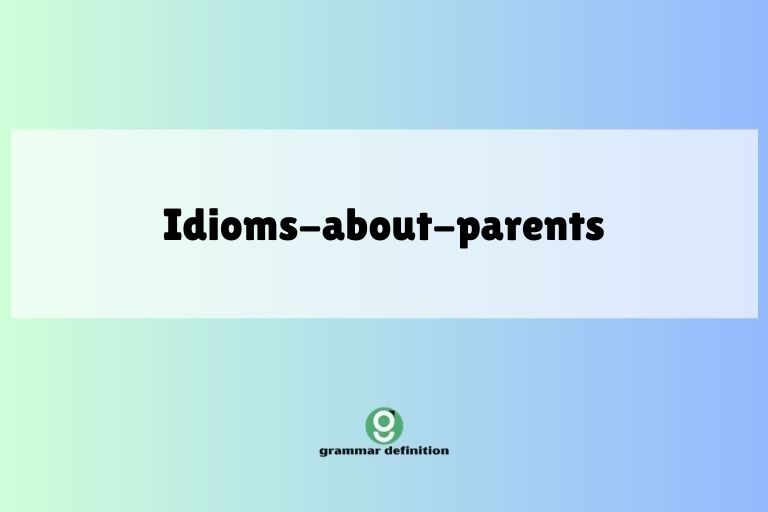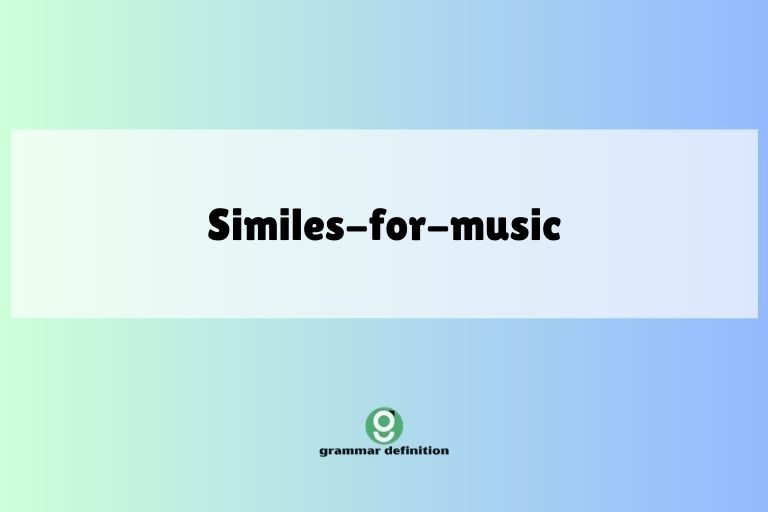Know, Knew, Known: Mastering the Forms of ‘Know’
Understanding the different forms of the verb “know” – specifically the base form, past tense (“knew”), and past participle (“known”) – is crucial for constructing grammatically correct and clear sentences in English. This knowledge is fundamental for anyone learning or seeking to improve their English language skills. Mastering these forms allows you to express actions … Read more










